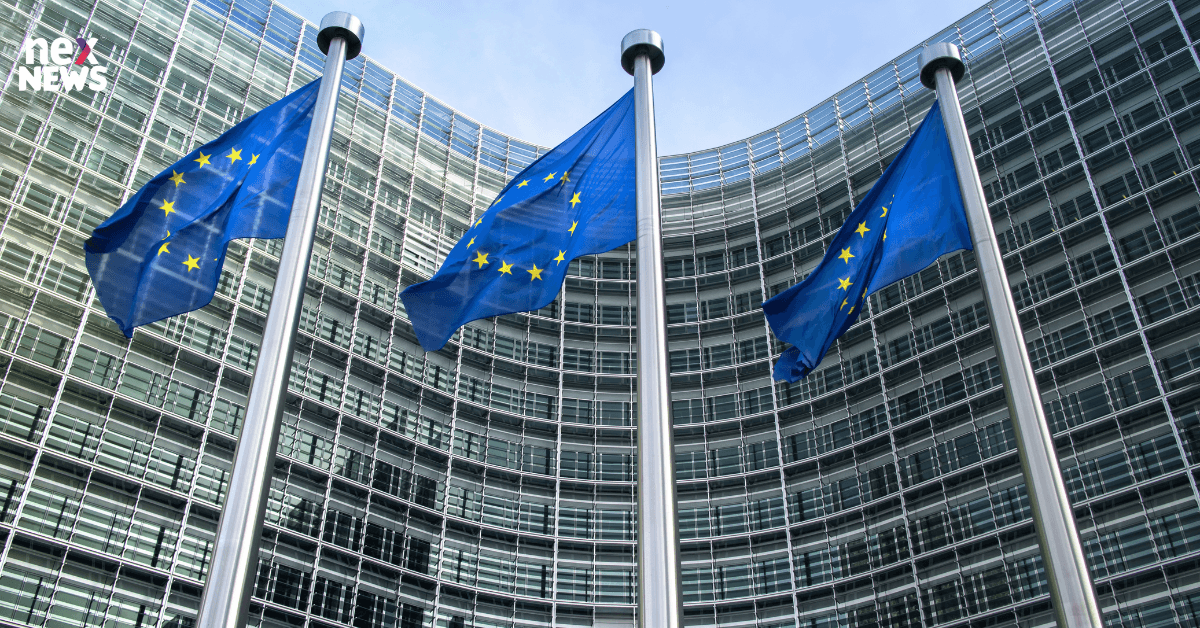In a recent development, the European Commission has initiated an inquiry into the possibility of imposing tariffs on Chinese electric vehicles (EVs) being imported into the European Union (EU). This move comes as a response to concerns about the competitive advantage Chinese EVs may have due to state subsidies.
The Commission now has a span of 13 months to thoroughly evaluate whether additional tariffs exceeding the standard 10% could serve to safeguard European Union producers from the impact of cheaper Chinese EVs in the market. The investigation is set to encompass imports of electric cars not only from China but also from non-Chinese brands such as Tesla, Renault, and BMW.
Chinese Chamber of Commerce Urges Objective Assessment
However, the Chinese Chamber of Commerce to the EU has strongly encouraged the Commission to evaluate Chinese EVs impartially. They oppose the investigation, contending that the competitive edge they possess is not solely due to subsidies, highlighting the need for an unbiased assessment.
Addressing Growing Tensions and Shifting Dynamics
As tensions escalate between China and the EU, largely due to China's close association with Russia, Europe is actively seeking ways to decrease its dependency on China for its green transition. European automakers are aiming to produce affordable EVs, challenging China's position as a leader in developing budget-friendly models.
The Commission has acknowledged that China's share of the EV market in Europe has surged to 8%, and projections indicate it could rise to 15% by 2025. The primary driving force behind this growth is the notably lower prices, averaging 20% less than EU-made models.
Germany's Concerns and the Way Forward
Meanwhile, Germany's VDA auto association has voiced apprehensions regarding potential repercussions from China. They emphasize that the EU should concentrate on creating an environment conducive for European EV manufacturers to thrive. This includes initiatives to lower electricity costs and reduce bureaucratic impediments. Germany's automotive sector is particularly reliant on China for a significant portion of its sales revenue, further underscoring the need for a balanced approach.
The ongoing investigation by the European Commission is reported to encompass a broad spectrum of possible unfair subsidies, preferential lending, and affordable provision of land, all of which contribute to the competitive advantage of Chinese EVs in the European market.
China's Dominance in EV Production and Export
Presently, China holds the esteemed title of the world's largest EV producer, solidifying its position in the global automotive industry. Additionally, in the first quarter of this year, China surpassed Japan to become the leading auto exporter worldwide, showcasing the nation's steadfast growth and influence in the automotive market.


POST A COMMENT (0)
All Comments (0)
Replies (0)